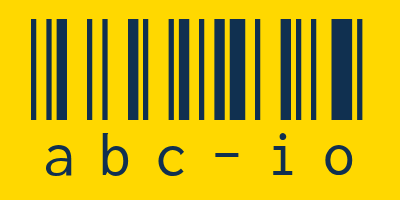
Search engines are a core component of the modern web, serving up the entirety of recorded human knowledge at the click of a button.
Naturally, Google is synonymous with this aspect of the web, but it hasn’t always been that way – as long before it even emerged on the scene, Archie paved the way for early web users and search engines alike.
Archie officially launched on September 10, 1990, and was born out of an ambitious project by Alan Emtage, a postgraduate student at Montreal’s McGill University.
In a 2017 interview with Digital Archaeology, Emtage said the inspiration behind the fledgling search engine came as a result of his role sourcing software for students to use as part of their studies.
“I ended up in System Administration for the School of Computer Science, being the person responsible for finding free software for that school, for those staff and the students,” he told the publication.
“You know, necessity is the mother of invention, and really, there was no great vision behind the first Internet search engine. It was done because I needed something to perform that function for me, to do the kind of work that I was doing.”
Early development of the search engine saw Emtage collaborate closely with colleagues Bill Heelan, and Peter Deutsch on the project. Emtage wrote the early code, while the latter two helped pull together the scripts that allowed users to log into the search engine.
How did Archie work?
You might expect the basic functionality that made Archie tick would resemble that of a modern search engine, but that wasn’t exactly the case.
Those using the search engine were met with a limited number of search options through a text-based landing page.
As Emtage told Digital Archaeology, development of the search engine may ring a few bells.
“You have a crawling phase, a retrieval phase where you pull the information in, and an indexing phase, where you build the data structures that allow the search, and then you have the ability to search,” he said.
The finished product allowed university students and faculty to search for information or resources, albeit in a limited fashion.
There is also a key caveat here thiough – Archie came before the ‘web’ as we know it was operating, and Emtage noted the arrival of the web added “another layer before the retrieval”, known as “discovery”.
“In the internet anonymous FTP archives, we didn’t have that phase. There was no way to discover new resources, so resources had to be manually discovered.”
Archie paved the way for life on the web
Archie might’ve been the first, but it certainly wasn’t the last. The 1990s saw a flurry of activity on this front, with more sophisticated search engines such as Jughead and Veronica bursting onto the scene.
1995 saw the arrival of Yahoo, while in 1998 Google was launched. From there on it was an upward trajectory for the new kid on the block, with the company capitalizing on previous learnings and fine-tuning search capabilities for users.
“People forget that there were a lot of search engines between Archie and Google,” Emtage told Digital Archeology.
“Everybody thinks of Google as being the search engine, but Google’s genius was to harness human knowledge and use that to provide more relevant results
A key factor in this success was Google’s use of the PageRank algorithm. This is used to rank results based on the volume of hyperlinks back to a particular webpage.
As Emtage noted, Google “harnessed human decision-making” to their advantage, placing it top of the pecking order – as it currently commands an 89.83% share of the global search engine market – and hopefully, it will also remember the debt it owes to the likes of Archie.











Add Comment